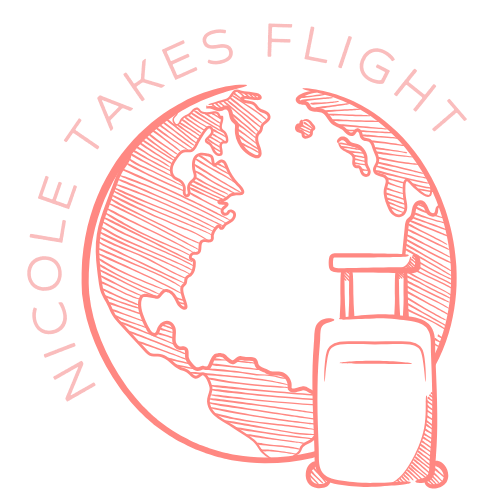
Fatigue is a prevalent issue in the aviation industry, particularly among us flight attendants. It stems from irregular working hours, long shifts, minimal rest, and the physical demands of the job. Flight attendants often work across multiple time zones, leading to jet lag, which disrupts our circadian rhythms and further exacerbates fatigue.
Impacts of Fatigue
Fatigue can have profound effects impacting our health, job performance, and safety. Physically, it can lead to exhaustion and reduced immunity, making us more susceptible to illnesses. Mentally, fatigue impairs cognitive functions, affecting memory, decision-making, and reaction times. This not only diminishes the quality of service we provide but also increases the risk of errors that could compromise safety.
Here are some strategies that can help to mitigate fatigue:
- Sleep Strategies: Flight attendants should prioritise quality sleep, even when traveling. Using sleep aids like eye masks, earplugs, and possibly safe sleep supplements can help.
- A Sleep Diary: Keep a wellness diary that focus on sleep and wellbeing where you can track your sleep patterns and analyse what works for you. You can download one here.
- Nutrition: Eating balanced meals can provide sustained energy levels. Flight attendants should focus on including lean proteins, whole grains, and plenty of fruits and vegetables in their diet.
- Hydration and Exercise: Staying hydrated and maintaining a regular exercise routine can boost energy levels and improve overall health.
- Implementing wearable technology that monitors sleep and activity could help manage our health better and alert to potential health issues.
- Accessing the mental health resources and support systems, provided by the airlines such as counseling and peer support groups. These can help us to manage the psychological burdens of the job.
- Attend workshops and training on managing fatigue, which could include strategies for sleep, nutrition, and stress management.
